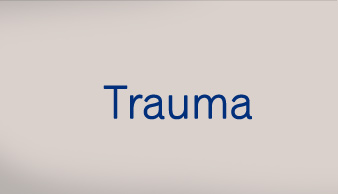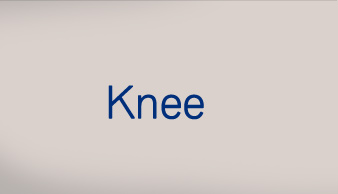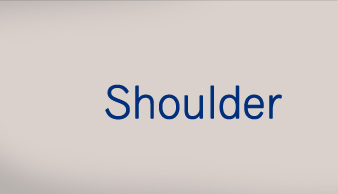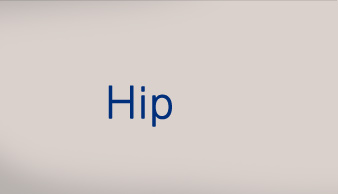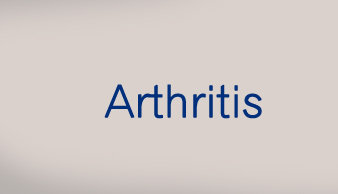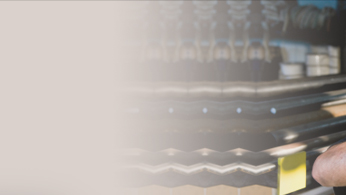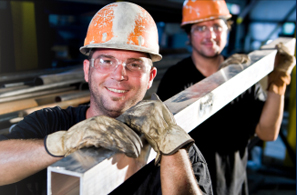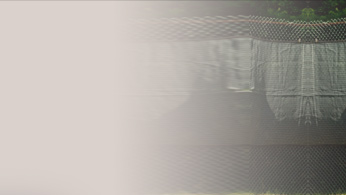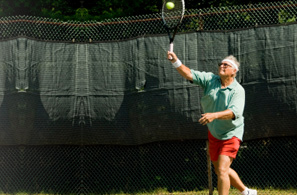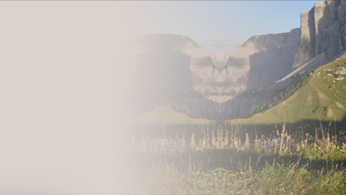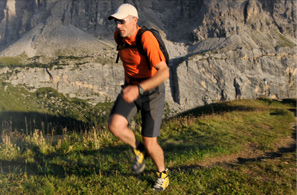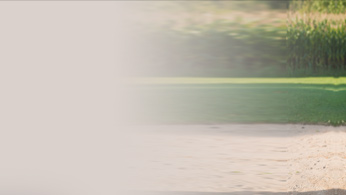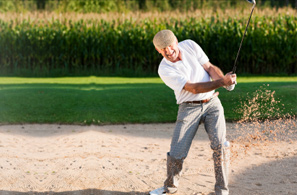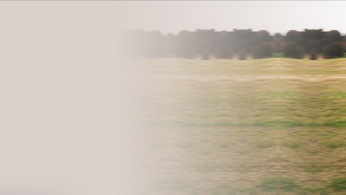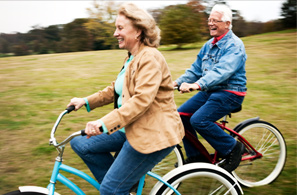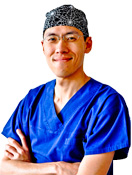 |
 |
||
|
|
| Dr Raymond Chin, Hip & Knee Surgeon, Liverpool, Campbelltown, Sydney, NSW » Services » Shoulder Injuries |
Shoulder Injuries The shoulder is a ball (humeral head) and socket (glenoid) joint. This joint is particularly unstable on its own and you may like to think of it as a golf ball perched on to a golf tee. The joint is made stable by several important structures. These are the labrum (which deepens the socket), the ligaments and capsule (surrounds the entire joint) and the rotator cuff muscles (surrounds and blends into the capsule). As we move our shoulder, the combination of these structures help to keep the ball centred onto the socket. When some of these mechanisms fail, the ball does not stay centred onto the socket and this causes pain or discomfort. Often, a sac or bursa that sits above the joint gets irritated when there are subtle tears or laxity in the ligament, capsule or muscle that keeps the ball centred. Shoulder pain is increasingly common with increasing age, minor trauma or overuse injuries. It does not have to be from sport. That said, shoulder injuries are common. They may be associated with a particular large event like a rugby tackle, minor event like getting an overhead object or often it just happens. When it "just happens", it is likely that there was a minor injury that has happened in the past or through repetition (painless) and the secondary coping mechanisms that kept the symptoms at bay has been overwhelmed. Physiotherapy and anti-inflammatories (NSAIDs) can help ease the pain. Ice packs for swelling and a simple sling from the chemist to rest the joint for a few days. It is not advised to rest the shoulder for too long as it may become very stiff. If there is a large force causing a great deal of swelling and pain around the shoulder, you should see a doctor for an x-ray to rule out a dislocation (ball jumped out of the socket - urgent) or a broken bone (fracture). When should I see a specialist? Pain that is not settling down with simple measures may need further tests. A specialist can examine your shoulder with greater accuracy and initiate treatment to strengthen the muscles around the shoulder or facilitate an injection into the right area of inflammation. An MRI may be necessary to further evaluate the quality of the soft tissues in the shoulder. Keyhole (arthroscopic) surgery is used for many shoulder conditions like torn labrum, torn tendons, lax capsule, or irritation in that space above the shoulder. Fractures about the shoulder like from a fall off a pushbike, or during a heavy tackle needs an open procedure. An incision is made over the fracture in order to fix it back to its original position. Fractures and dislocations need to be diagnosed and treated early so that they can be fixed in the right position. In the other conditions, a trial of non-operative measures are usually undertaken. Surgery is reserved for those have persisting symptoms. Early surgery may facilitate earlier return to sport and work. However, surgery must be accompanied by a compliant physiotherapy program to get the best results in the long term. |
|
||||||||
| © Dr Raymond Chin Orthopaedic Surgeon Hip, Knee, Trauma, Sports, Liverpool, Campbelltown, NSW | Home | Disclaimer | Privacy | Sitemap | Feedback | Tell a friend | Contact Us |
